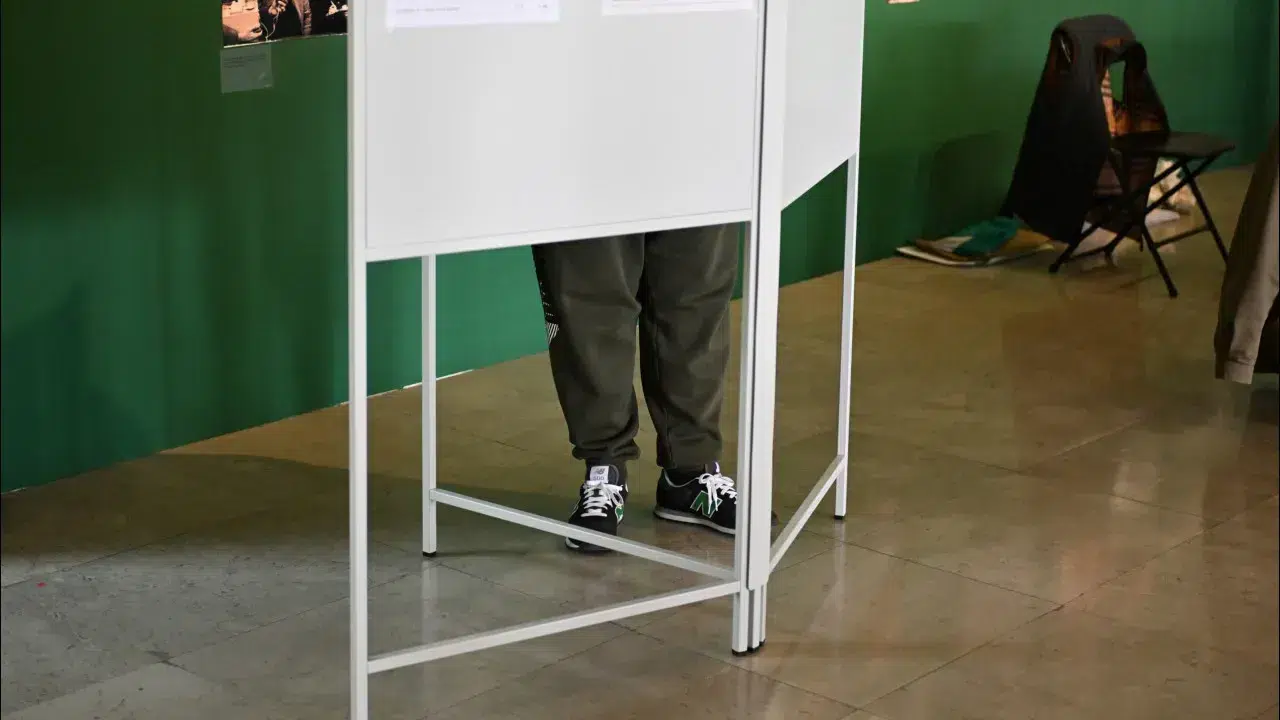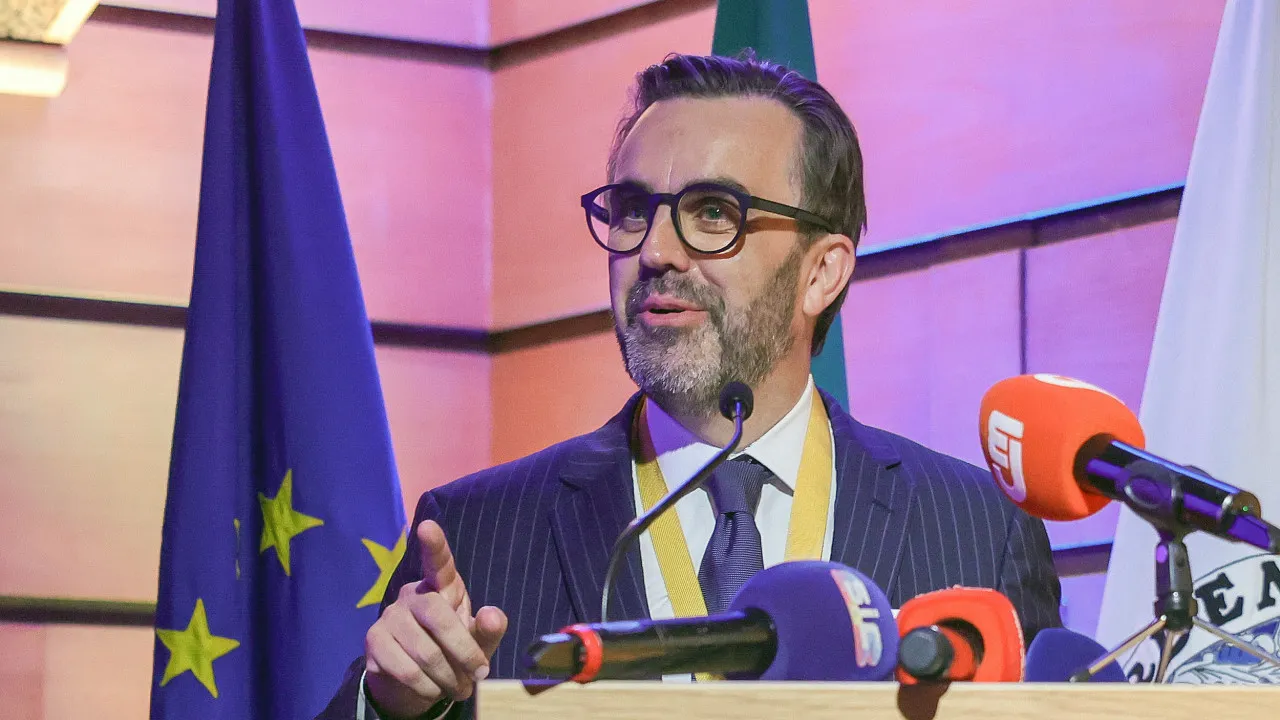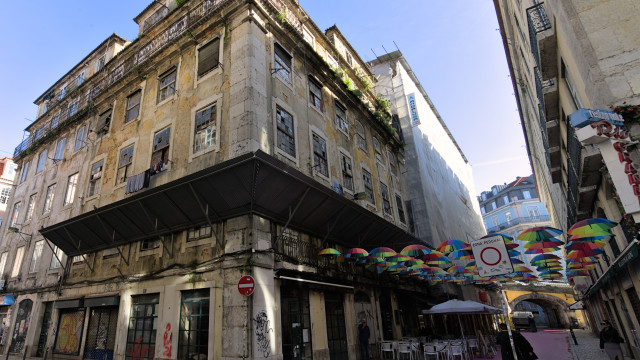
The study ‘Disinformation in the 2025 Legislative Elections: Party Activities on Social Media’ by the Media Regulatory Authority (ERC) and the University of Beira Interior revealed a significant increase in electoral-related disinformation in Portugal’s recent elections.
This surge resulted in a 160% increase in disinformation cases compared to the 2024 European elections.
Out of 4,514 social media posts identified between April 7 and May 19, Instagram (30.0%) and Facebook (28.9%) hosted the majority of content during this period, followed by X (22.8%), TikTok (9.8%), and YouTube (8.5%).
Among these posts, there were 16 cases of disinformation on party pages, prompting nine investigation procedures by the ERC.
The study notes that Chega was the party most involved in spreading disinformation content on social media, accounting for 81.3% of the cases, while PS, PSD, and CDS had one occurrence each, representing 18.7% of the postings.
“Videos lead the disinformation format (56.3%) with edits, cuts, or piece montages, ahead of a wide range of static images (43.8%), especially used to publish survey results or voting intention polls,” the document states.
Fake surveys or those developed by companies not registered with ERC were the most prevalent type of disinformation, with 31.1% of detected cases. In second place was the dissemination of texts produced by non-registered media (25.0%).
Two types of disinformation share the third spot: manipulated informational videos and publications that discredit the media or journalistic work (18.8%), while altered news to promote a misleading perception of facts appear last (6.3%).
Furthermore, most detected cases have “a low potential disinformative level (43.8%),” being amateurish content easily verifiable through an internet search.
Publications with medium potential account for 37.5% of the sample, associated with miscontextualized facts or data manipulation, making them more challenging to verify.
Only a small portion of identified cases is classified as high potential disinformative (18.8%), involving content completely unrelated to reality, often created with Artificial Intelligence (AI).
The 16 publications generated a total of 197,471 audience interactions, receiving 20,633 comments and 12,368 shares. “It is estimated that nine videos have been viewed more than 3.5 million times, especially on Instagram and TikTok,” the study notes.
“Bias levels become more concerning when considering the audience reach. It is estimated that over six million social media users were exposed to disinformative content spread by Portuguese parties (…) with a significant emphasis on Chega,” the document states.
This study is part of a cooperation protocol between the Media Regulatory Authority and LabCom — Communication Sciences Research Unit at the University of Beira Interior, aimed at analyzing disinformation presence and processes in the context of the latest legislative elections.




